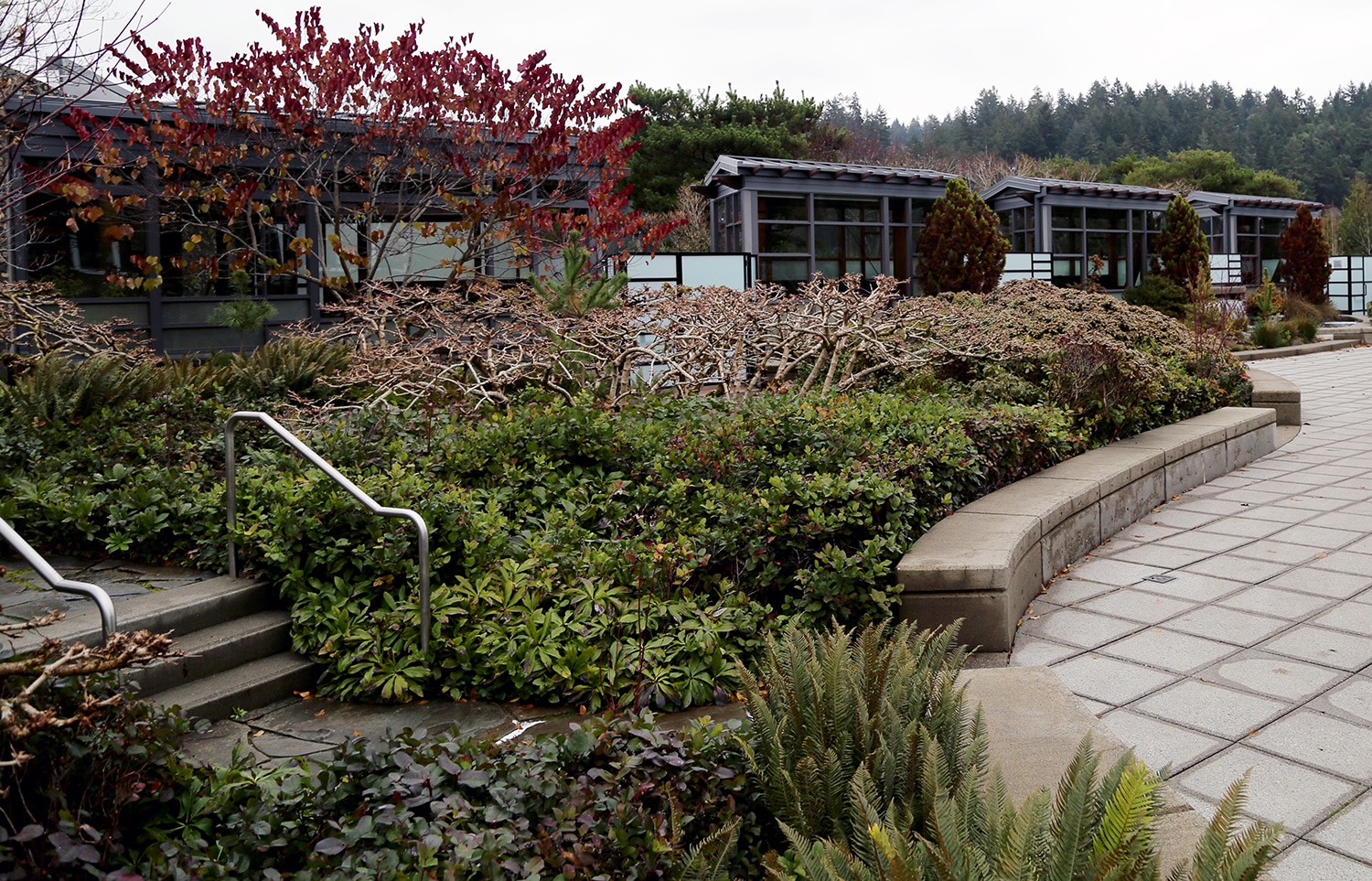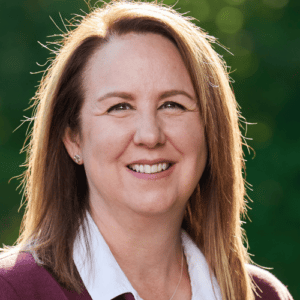Business Community
Russell Foundation offering grants for climate-friendly farm programs
The Gig Harbor-based Russell Family Foundation this week launched a new program, called Food for Climate Solutions, as part of its commitment to achieve Net Zero by 2030.
Food for Climate Solutions supports regional and local food production in Western Washington. It is part of the foundation’s efforts to address the climate crisis through its investment strategy, operations and grant-making.

The Russell Family Foundation building on Harborview Drive in Gig Harbor. Vince Dice
Food for Climate Solutions
The foundation will begin accepting grant applications for the Food for Climate Solutions program next month. Grants will go to Western Washington organizations that are increasing the sustainability of local farm businesses; supporting farmers; strengthening the regional food system; and promoting the adoption of climate-resilient, organic, and practices that will sequester more carbon, promote soil health and reduce reliance on transporting industrial-grown food from other regions.
The foundation will give priority to organizations serving Black, Indigenous and historically excluded communities. Those groups have historically faced barriers to land access and sustainable farm enterprises.
“We see a high-impact opportunity through Food for Climate Solutions to address climate impacts while also boosting more equitable access to healthy and affordable food grown locally,” Erin Kahn, TRFF director of Strategy and Programs, said in a news release.
According to Project Drawdown, a nonprofit supporting climate solutions, the food/agriculture/land use sector contributes about 24 percent of greenhouse gas emissions. The Food for Climate Solutions program seeks to address that issue while also increasing the availability of healthy, locally grown food.
Net Zero
Since announcing its Net Zero commitment last fall, the foundation has worked to reduce greenhouse gas emissions across its investment portfolio consistent with a maximum temperature rise of 1.5 degrees Celsius. Net Zero will be achieved when the amount of greenhouse gases produced is no more than the amount removed from the environment.

Russell Family Foundation CEO Kathleen Simpson
The foundation recently partnered with Confluence Philanthropy to to bring together peer foundations and their investment advisors interested in adopting similar decarbonization commitments. The foundation also engaged Carbon Direct Inc. to perform baseline measures on its operational and grant-making emissions and peer review its investment advisor’s portfolio baseline. Later this year, the foundation plans to announce its targets for reducing greenhouse gas emissions to achieve Net Zero.
“The Foundation spent 2022 exploring more about Net Zero, regional food systems, and reflecting on our mission and planning for our future. We reimagined our focus, vision, and values to center on addressing the climate crisis while prioritizing equity, justice, and belonging in all that we do,” TRFF CEO Kathleen Simpson said in the news release. “This next chapter we envision for TRFF is a natural progression of our work over the last nearly 25 years protecting our environment and investing in the most impacted communities.”
The foundation was formed after the Russell family sold investment and financial services firm Frank Russell Co. to Northwestern Mutual Life for an estimated $1 billion. Since then, the foundation has operated with a mission to “invest in people and places to advance environmental sustainability and address the climate crisis.”
For more about the foundation’s commitment and commonly asked questions, click here.
